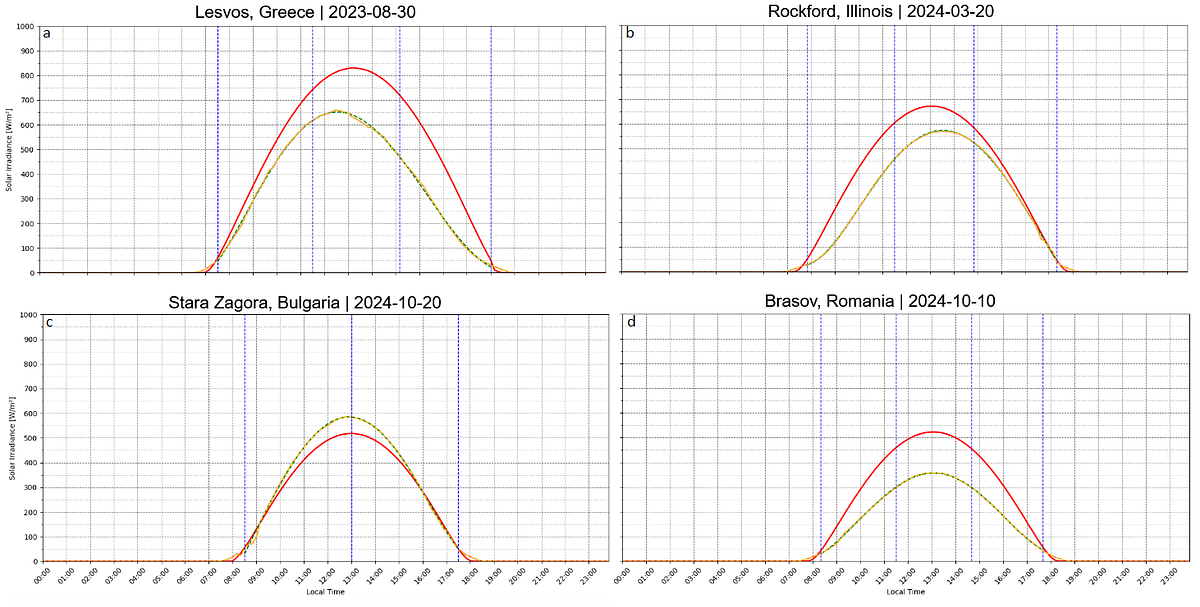WeatherXM Introduces Solar Obstacle Detection for Reliable Weather Data

WeatherXM is pioneering a decentralized weather station network that allows anyone to contribute weather data from their own stations, earning $WXM rewards in return. This innovative approach raises a critical question: how can users trust the accuracy of data collected from stations set up by strangers? To address this concern, WeatherXM has developed a technology called Solar Obstacle Detection (SOD), which utilizes solar irradiance to verify the quality of the data collected. This method ensures that the stations are properly installed and functioning, providing a reliable source of weather information.
SOD operates by comparing the theoretical solar irradiance curve, which is predictable based on the Earth’s movements and the Sun’s position, with the actual measurements taken by the WeatherXM stations. This comparison allows the system to detect if a station is oriented correctly, standing vertically, or if it is obstructed by nearby structures. While the concept seems straightforward, real-world complexities, such as geographical features like mountains, can affect solar readings. WeatherXM’s team has developed a model that accounts for these factors, enabling accurate predictions of solar irradiance for any given location and time.
The implementation of SOD is set to revolutionize WeatherXM’s network by enhancing data quality assessments and optimizing station setups. This technology not only helps identify and penalize poorly installed stations but also rewards those that provide accurate data. Furthermore, SOD will play a crucial role in the Quality of Data (QoD) scoring system, which will be integrated into WeatherXM’s reward mechanism. By leveraging blockchain technology, WeatherXM aims to create a trustless environment where users can rely on the data collected, emphasizing that they can trust the Sun as a source of verification.
Related News





